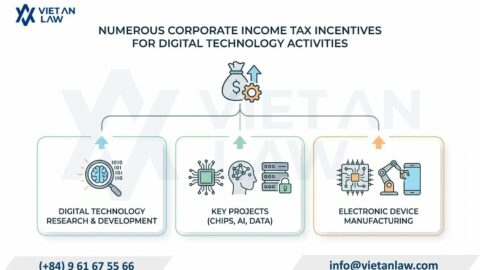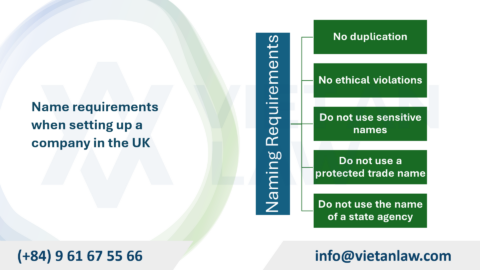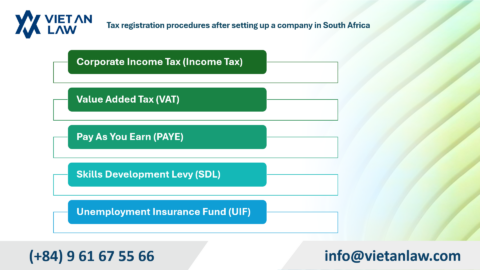Canada stands out as a potential investment option on the global economic map, thanks to its unique combination of many attractive factors. Economic stability is one of the main reasons. With a strong financial system, controlled inflation rates, and a relatively stable history of economic growth, this creates a safe and reliable environment for investors who want to preserve and grow their capital. In addition, Canada possesses an extremely rich and diverse natural resource, from oil and natural gas in the West, to precious minerals and forest products spread across the country. This abundance not only provides input materials for many industries, but also creates great investment opportunities in the field of mining, processing and export. Canada’s geographical location, bordering the United States – the world’s largest economy, along with free trade agreements signed with many countries and regions, gives investors the opportunity to access a vast global market. Therefore, more and more investors want to establish a company in Canada, Viet An Law would like to provide some information about the types of companies that can be established in Canada through the article below.
Table of contents
This is the most chosen type of company by investors. The main characteristics of this type include:
| Criteria | Sole Proprietorship | General Partnership | Limited Partnership (LP) | Co-operative |
| Number of Owners | 1 individual | 2 people/company or more | At least 1 regular partnership (GP) TV + 1 LP TV | Members |
| Separate legal entity? | Not | No (Usually not, although it is possible to own property in some provinces) | Yes (Official registration required) | Have |
| Liability | Unlimited (Owner is responsible with all personal assets) | Unlimited for all members (jointly responsible for each other’s debts and actions) | Infinite for GPs; Limited (within the scope of capital contribution) for LPs | Usually Limited to members (Similar to shareholders of a joint stock company) |
| Income Tax | Profit/loss is included in the owner’s personal income | Profit/loss is allocated and calculated into each member’s personal income | Profit/loss is allocated and calculated into the personal/business income of each member | Pay taxes as a joint stock company, but can deduct patronage dividends paid to members. Intricate. |
| Management & Control | Directly managed by the owner | Co-managing members (unless otherwise agreed) | GP managing operations; LPs are not allowed to participate in management | Democratic control by members (usually 1 member, 1 vote) |
| Complexity of Establishment | Very simple (Just register a business name if needed and a license) | Relatively Simple (Detailed Partnership Agreement Required) | More complex (formal registration requirements and detailed Partnership Agreement) | Complex (Must be established under the Private Cooperative Law) |
| Ability to raise capital | Difficult (Mainly based on the owner’s personal capital/credit) | Difficult (Mainly based on members’ personal capital/credit) | Can raise capital from LPs (passive investors) | Mobilizing capital from members, less attractive to traditional equity investors |
| Existence | Attached to the owner (terminates when the owner ceases to be in business/dies) | Can be dissolved upon the member’s departure/death (unless otherwise agreed) | More stable than regular partnerships due to formal structure | Perpetual existence, similar to a joint stock company |




